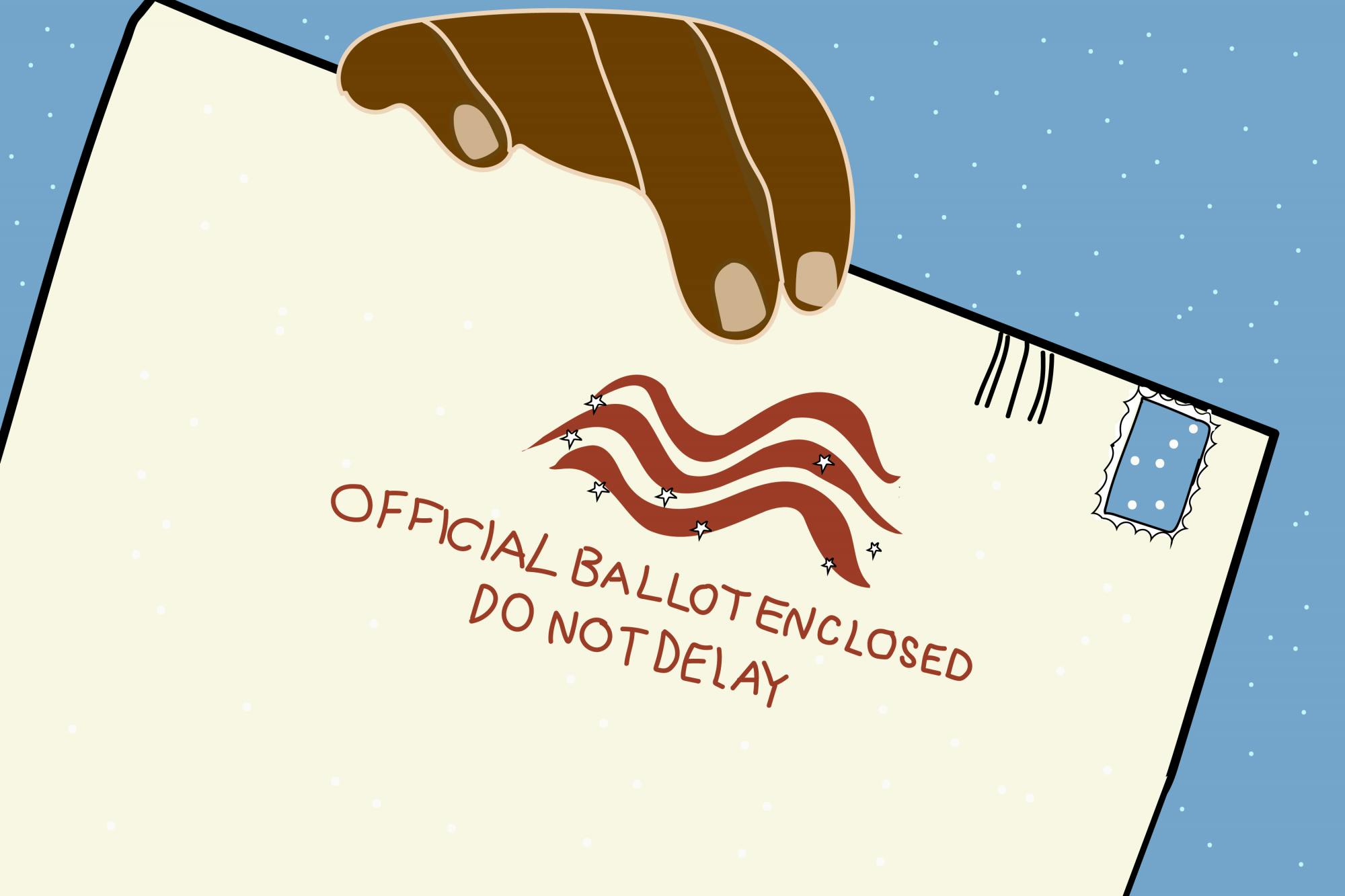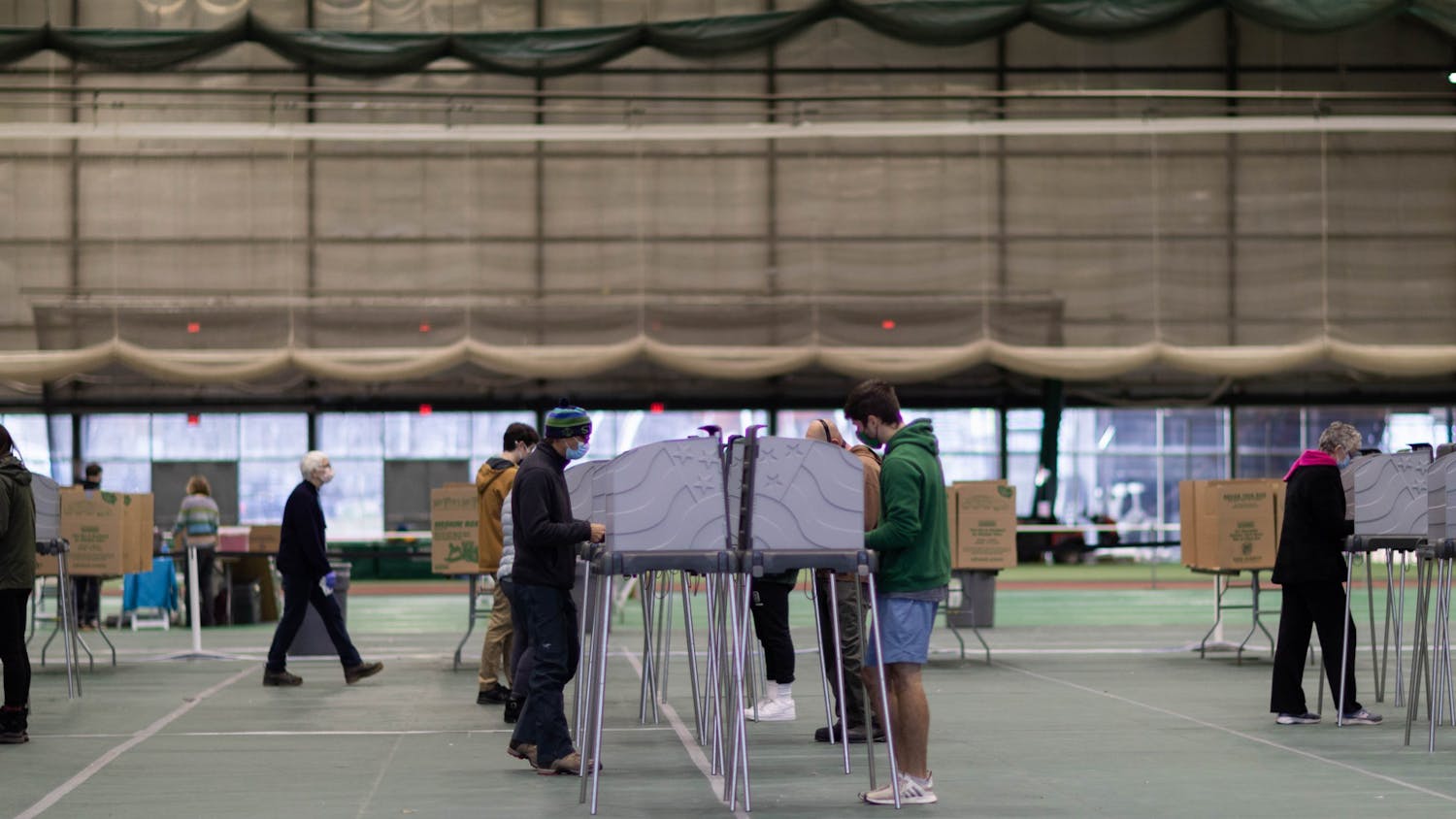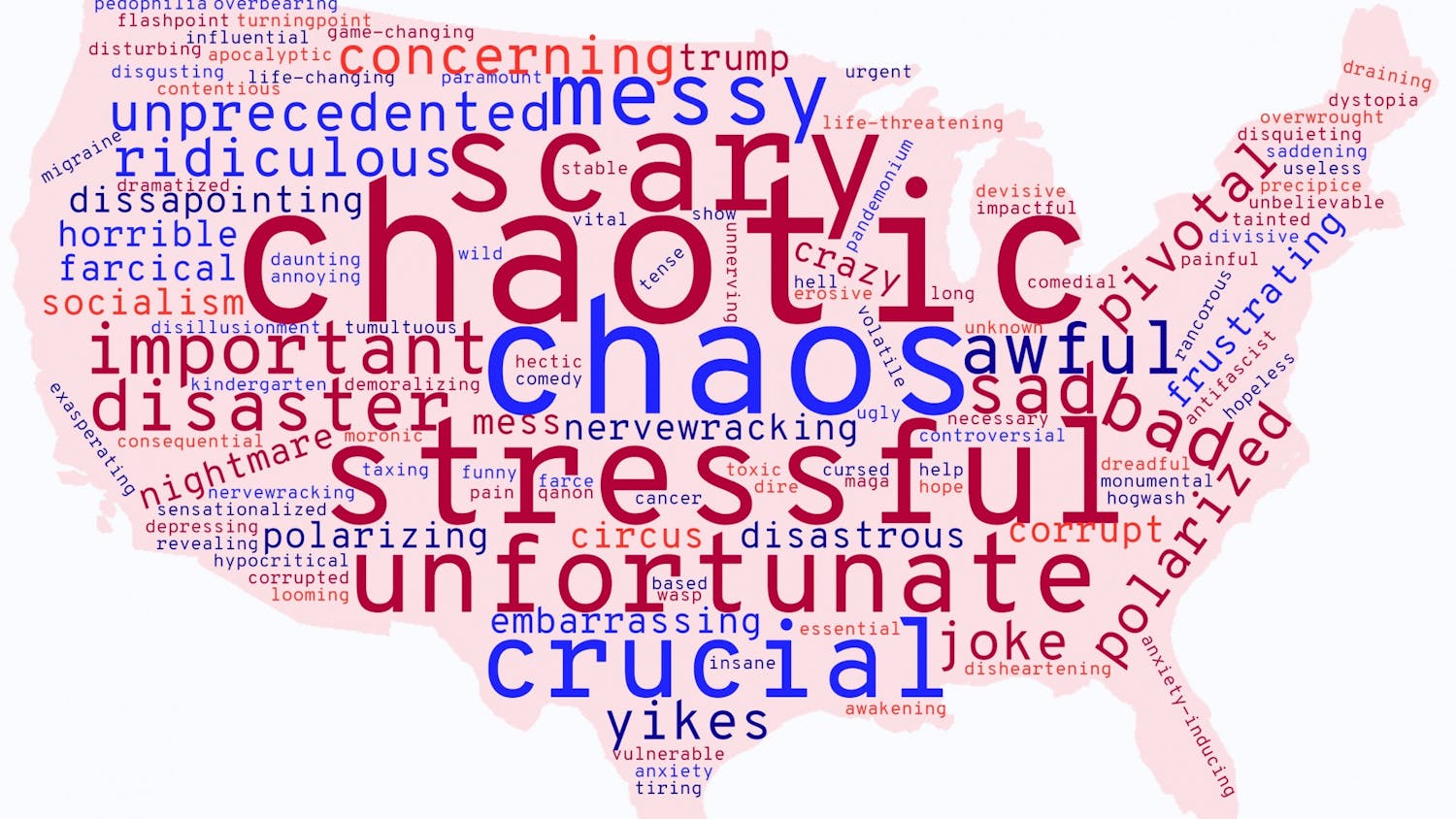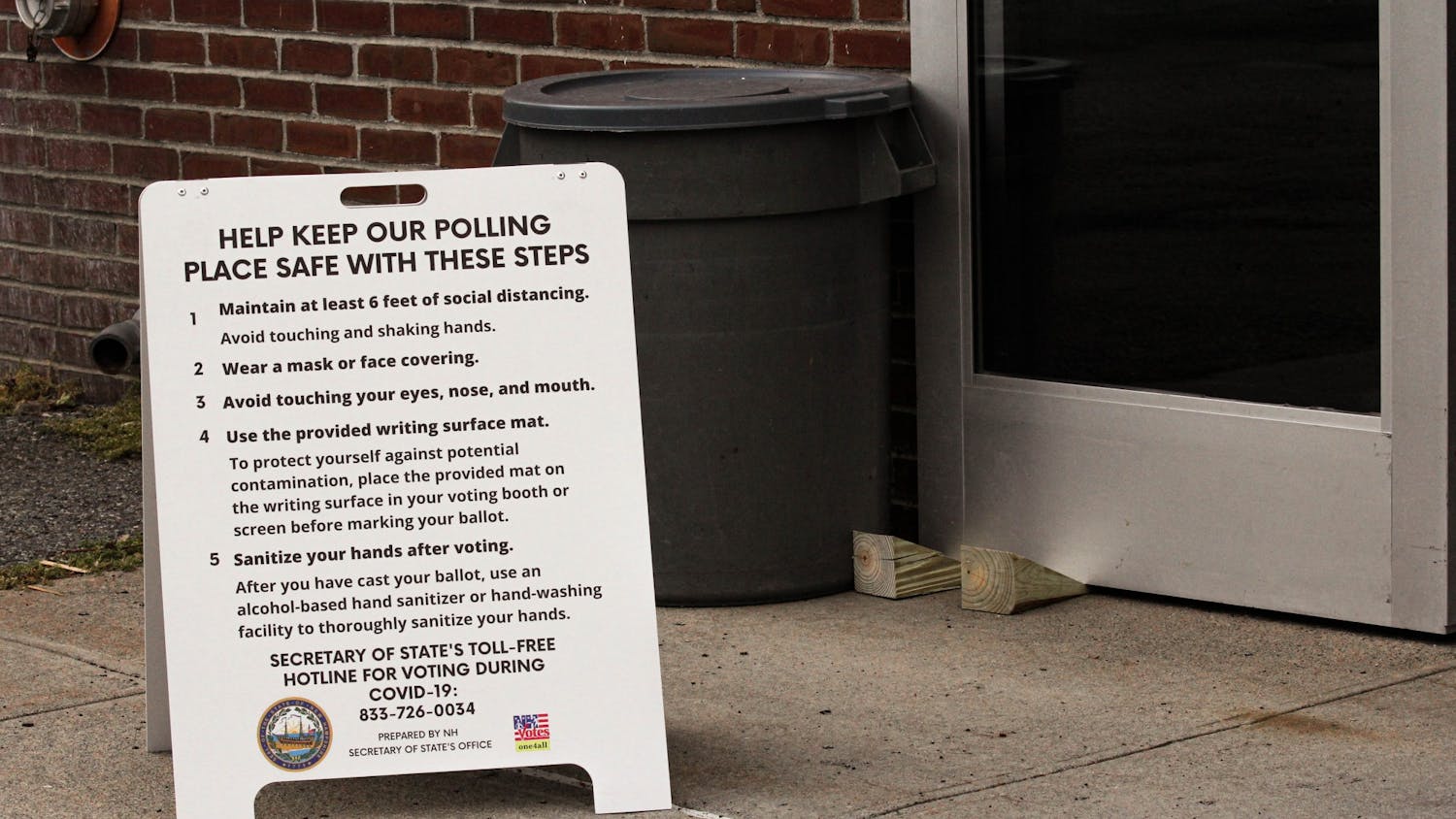For many Americans who are not especially politically inclined, campaigns, elections and voting only come around every four years. For government professor Joseph Bafumi, they’re his job. Bafumi specializes in American politics, and his research focuses on predicting election outcomes. This year we face an election like no other: there’s a pandemic, intensifying political polarization, civil unrest and calls for racial justice. Pre-election, I spoke with Bafumi about what makes this election so different.
How has the nature of campaigning and elections changed since 2016?
JB: Voting is different this year because people are concerned about the pandemic, so they're voting absentee or they’re voting early. They're trying to avoid crowds. We see that there are a lot of Democratic voters voting early and we think that there will be a lot more Republican voters voting on Election Day. There’s also an increase in interest from four years ago. In 2016, Donald Trump and Hillary Clinton engendered less interest than today’s Donald Trump and the new Democratic nominee Joe Biden. Campaigning is certainly different in this historic pandemic because people, and the Democratic candidate primarily, are very concerned about spreading the virus in crowds.
Trump has repeatedly stated that mail-in voting creates opportunities for voter fraud. Should we be worried about the validity of mail-in votes?
JB: There have been states that have done mail-in ballots in the past and there hasn’t been a lot of evidence of widespread fraud. Now, there are more states using this method because of the pandemic, and some people, particularly on the right, are concerned that the more this happens, the more problems there will be. You can find isolated instances — like just recently, there was news about someone throwing some kind of firebomb into a ballot box that had collected ballots for a county and so they had to spray out the fire and some of the ballots were destroyed. Not a ton, but some were destroyed. You also hear of other situations where someone mistakenly throws out a handful of ballots. You see isolated instances of little things like that, but you don't see evidence of widespread fraud. We haven't seen it in that way with this election either. So as an analyst, I would just say that so far, while you see isolated instances of things that are concerning, there's not evidence of widespread fraud as of yet with mail-in voting.
What is the difference between absentee voting and mail-in voting, and do concerns differ between them?
JB: Republicans are arguing that when you have absentee ballot laws, people petition for an absentee ballot, they get it, fill it out appropriately, send it in and you wouldn't have a ton of them. Where you have mail-in ballots, there could be literally millions sent out that could be sent to people who've passed away because the list hasn't been updated, or it could be sent out to people who've moved out. Then, the person who receives them could potentially fill out their own, plus the one from their deceased spouse or from somebody who lived in their home and there would be no way of knowing. So that's the major concern with people who are against, particularly on the right, the widespread use of mail-in ballots. Again, that kind of voter fraud is not something that we've seen a lot of evidence for.
Some argue it's possible that you wouldn't know voter fraud was happening. But on the other hand, there are many states that do quality checks. They compare signatures and take measures to try and prevent things like that from happening, and there just hasn't been a ton of evidence that this kind of thing is out there as of yet. So mail-in and absentee ballots are two very different kinds of things and Republicans are OK with absentee ballots, but not okay with widespread mail-in ballots. Democrats are OK with both and think that they can be useful vehicles for increasing turnout.
What are the potential long-term impacts of the 2020 campaign?
JB: I think that if the mail-in voting works well with very little widespread fraud, as is the case so far, you'll see states moving more in that direction. I think you'll see more states, perhaps, allowing early voting and, of course, continuing absentee ballots. So I think that's the big lingering change regardless of what happens with the pandemic, if they find that they can do it conveniently without there being lots of fraud.
In terms of other things that are very specific to the pandemic, we will have local elections, and they could be impacted. It all depends on how long it takes to get a vaccine out there to everybody, how effective the vaccine is and how many people take it. So, what we're learning in this election will likely apply to the local elections coming up, and then there'll be things that will continue to apply moving into the future if we find that it contributes to convenience, reduces costs and doesn't contribute to any kind of illegitimate source of voting.
This interview has been edited and condensed for clarity and length.




